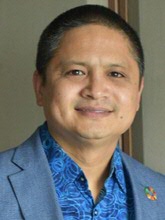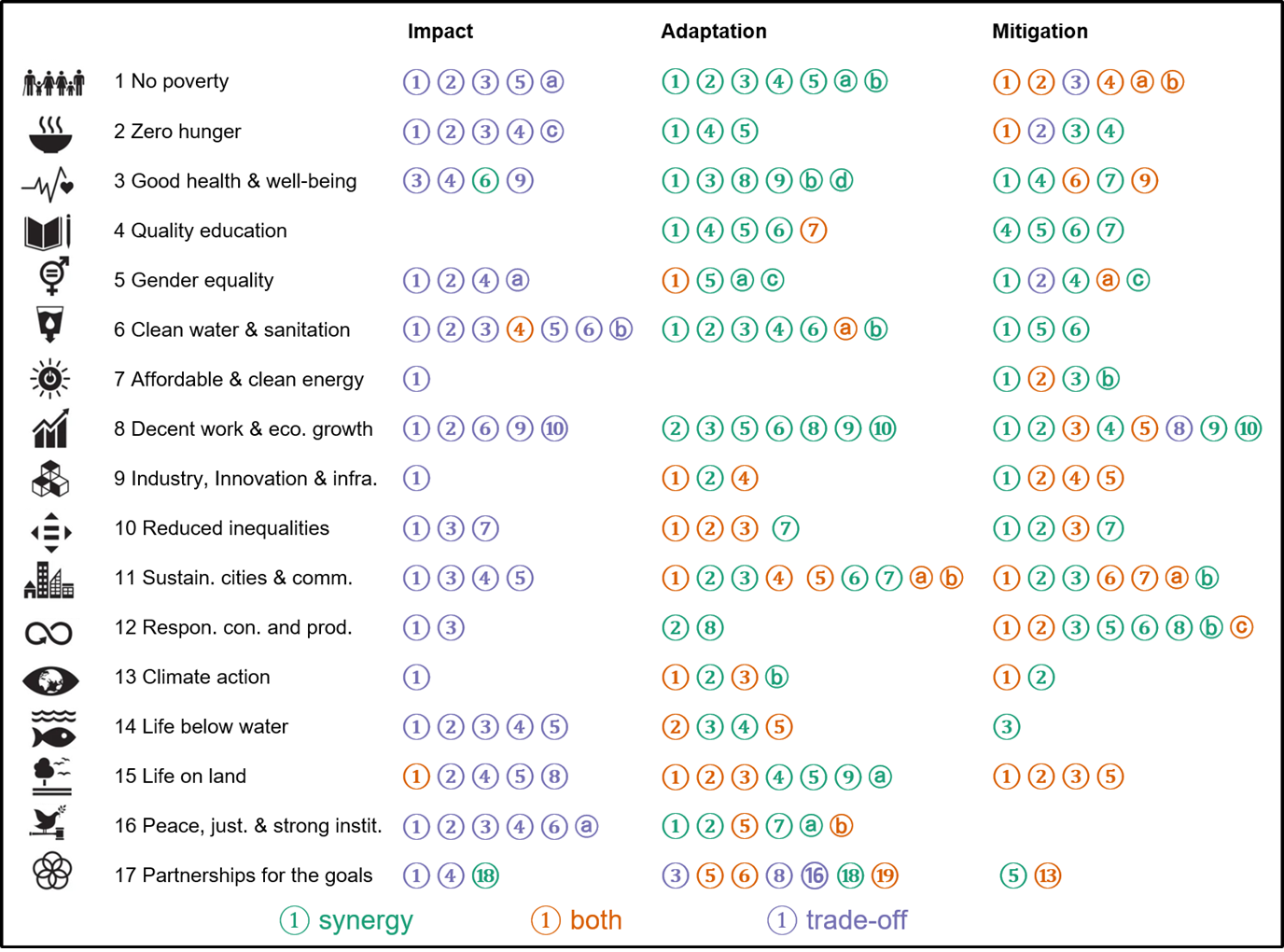Linking climate change to SDGs for a more sustainable future

Prior to the 62nd meeting of the IPCC, Dr Prajal Pradhan (University of Groningen) and an international team of scientists argued to make the upcoming IPCC reports more policy-relevant by holistically reflecting on all Sustainable Development Goals (SDGs). The seventh IPCC report will not be released until 2028, but preparations are already in full swing. From 24 to 28 February, the IPCC meeting will take place in Hangzhou, China.
IPCC reports compile the latest scientific knowledge for governments and world leaders. A six-year process precedes the publication. At the 62nd session of the IPCC, member states will discuss the outlines of the seventh assessment reports, due in 2028. According to Pradhan, this is the time to influence decision-making to holistically link climate change and sustainability issues in the upcoming IPCC reports.
With his fellow researchers, Pradhan published a study on the IPCC's fifth and sixth reports. The research revolves around the Sustainable Development Goals (SDGs) adopted by the United Nations in 2015. Using keywords associated with the SDG targets, the texts of the IPCC reports, totaling more than 150 chapters, were carefully analyzed. The researchers assessed if all 17 SDGs and their 169 targets are covered in the reports and how they are discussed – whether in positive or negative terms.
Limited SDG coverage in the IPCC reports
The analysis shows that the reports contain gaps when it comes to the SDGs, says Pradhan. ‘Climate change and sustainability cannot be seen in isolation. Nevertheless, several SDGs are not sufficiently reflected in the previous IPCC reports, such as gender equality, education, inequality, and health issues. More attention is also needed for all 169 underlying targets(sub-goals). For this, the different working groups of the IPCC could cooperate more.'
According to Pradhan, integrating the SDGs is essential because governments are, above all, interested in development issues. ‘If we want to achieve climate actions, we need to link them to development issues. Climate change has negative impacts on several SDGs. At the same time, climate actions have positive impacts on several sustainability goals. These are the synergies and trade-offs we show in our publication.'
The SDGs make the impact of climate change tangible, highlights Prof. Klaus Hubacek, a co-author of the paper (University of Groningen). ‘It is not just about rising temperatures; there is also a direct link to people's well-being, which the SDGs emphasise. These development issues resonate more with governments, and this is how they hope to accelerate climate actions.’

Timing
This paper brought together scientists from 15 institutions worldwide, including Dr Prajal Pradhan (IREES, University of Groningen), Dr Shobhakar Dhakal (Asian Institute of Technology), and Prof. Klaus Hubacek (University of Groningen). Several co-authors of the publication are also members of the past and present IPCC working groups: Bart van den Hurk (Deltares), Debra C. Roberts (University of KwaZulu-Natal), Maheswar Rupakheti (Research Institute for Sustainability). With the paper, the researchers aim to provide information to the panelists of the IPCC meeting. The research aligns with the overarching goals of promoting global climate policy and increasing the policy relevance of IPCC reports by better-integrating SDGs into climate action strategies.
Timing is key, Prof. Hubacek knows. The SDGs are in place until 2030. ‘There has been criticism, for instance, about their lack of measurability. If the IPCC reports reflect on the SDG targets in a more integrated way, they will contribute to the relevance of SDGs. Doing so, the IPCC reports will also inform the future sustainability agenda beyond 2030, a potential follow-up to the SDGs.’
Access Full Study
The full research is available here: Policy relevance of IPCC reports for the Sustainable Development Goals and beyond
More news
-
15 September 2025
Successful visit to the UG by Rector of Institut Teknologi Bandung

